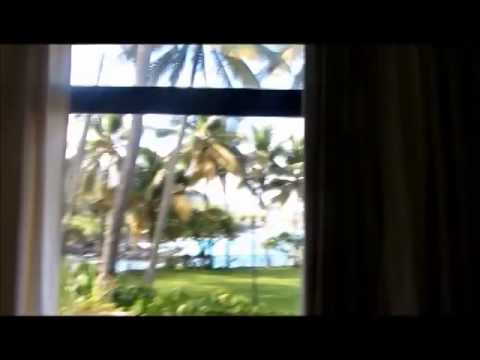
Nestled on the volcanic island of Grande Comore (Ngazidja), Moroni stands as the capital and largest city of the Comoros. With its Arabian Nights feel, laced with African vibrancy and French colonial heritage, Moroni is not just a city but a cultural mosaic waiting to be explored. For travelers looking for an off-the-beaten-path destination with rich history, stunning natural beauty, and enchanting architecture, Moroni is a hidden gem in the Indian Ocean.
**Getting to Moroni**
The primary gateway to Moroni is through Prince Said Ibrahim International Airport, located just north of the city. Direct flights connect Moroni with several major cities in Africa, including Nairobi and Dar es Salaam, as well as other international destinations like Paris and Istanbul.
**Exploring the City’s Charm**
Start your exploration of Moroni at its vibrant heart – the Volo Volo Market. This bustling marketplace offers everything from fresh spices and colorful textiles to handmade jewelry and local artworks. It’s more than a place for commerce; it’s where you can immerse yourself in everyday Comorian life and perhaps pick up some Swahili phrases from friendly locals.
A stroll through Moroni’s narrow streets reveals architectural delights that speak of its diverse history. The Old Friday Mosque, an emblematic structure made from coral stone with a unique minaret, reflects the Islamic influence on the island. Nearby, remnants of French colonial buildings add another layer to the city’s visual narrative.
**Cultural Insights**
Visiting during one of Moroni’s many festivals offers a deep dive into its traditions. The Mouloud (Prophet Muhammad’s birthday) or Independence Day celebrations are particularly vibrant, filled with music, dancing, and traditional drumming that resonates through the air.
For those interested in learning more about local customs and history, the National Museum of Comoros provides ample insights. Although modest in size, it houses important artifacts that narrate the evolution of Comorian society and its natural environment.
**Natural Escapes**
Moroni serves as an excellent base for exploring Grande Comore’s volcanic landscapes. Mount Karthala, an active volcano just south of the city, promises adventurous hikes leading to an immense caldera at its summit. The vistas from here are breathtaking – sweeping views over lush forests down to where land meets sea.
For relaxation after your climb or simply to enjoy some sun and sea air without great exertion – head over to Itsandra Beach or Trou du Prophète – both popular spots for swimming and enjoying coastal tranquility close to town.
**Culinary Delights**
Comorian cuisine is a feast for all senses; it blends Arab spices with African staples along with French culinary techniques. Do not leave without trying *langouste à la vanille* (lobster cooked in vanilla sauce), one of their signature dishes that highlight locally grown vanilla – one reason why Comoros is sometimes known as ‘the perfume islands’.
Street-food lovers should try *mabawa* (spicy grilled chicken wings) or *madaba* (banana leaf-cooked taro leaves). Wash this down with fresh coconut water or *djabana* (local coffee), which can be found at any corner café amidst friendly chats with locals.
**Practical Tips for Visitors**
1. **Language**: While French is widely spoken due to past colonial ties plus Arabic due to Islamic influence; learning basic phrases in Shikomori can be helpful.
2. **Currency**: The currency used is Comorian franc (KMF). Cards may only be accepted at higher-end establishments so carrying cash is advisable.
3. **Travel Insurance**: Always have travel insurance covering medical emergencies especially considering excursions like hiking Karthala.
4. **Respect Local Customs**: Understand Islamic practices—dress modestly especially when visiting religious sites or rural areas.
5. **Safety**: Like any other city keep your belongings safe and stay informed about local safety recommendations especially if you’re planning ventures outside tourist areas.
Whether exploring active volcanoes or walking along narrow cobbled streets amidst historical structures; whether tasting spicy street food or listening intently to tales passed down generations—Moroni opens up new perspectives on Africa’s Island life that remains untainted by mass tourism making each visit uniquely enriching.
